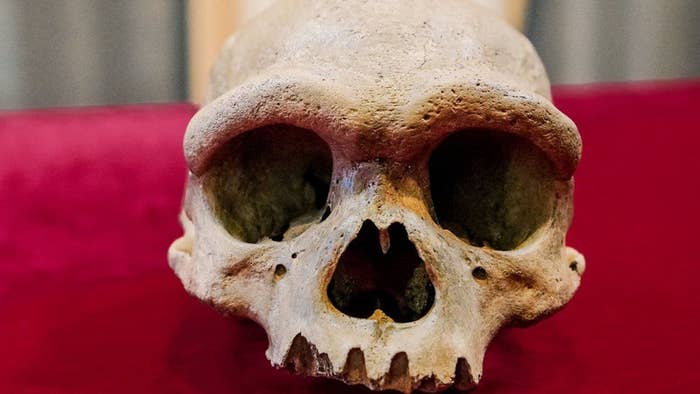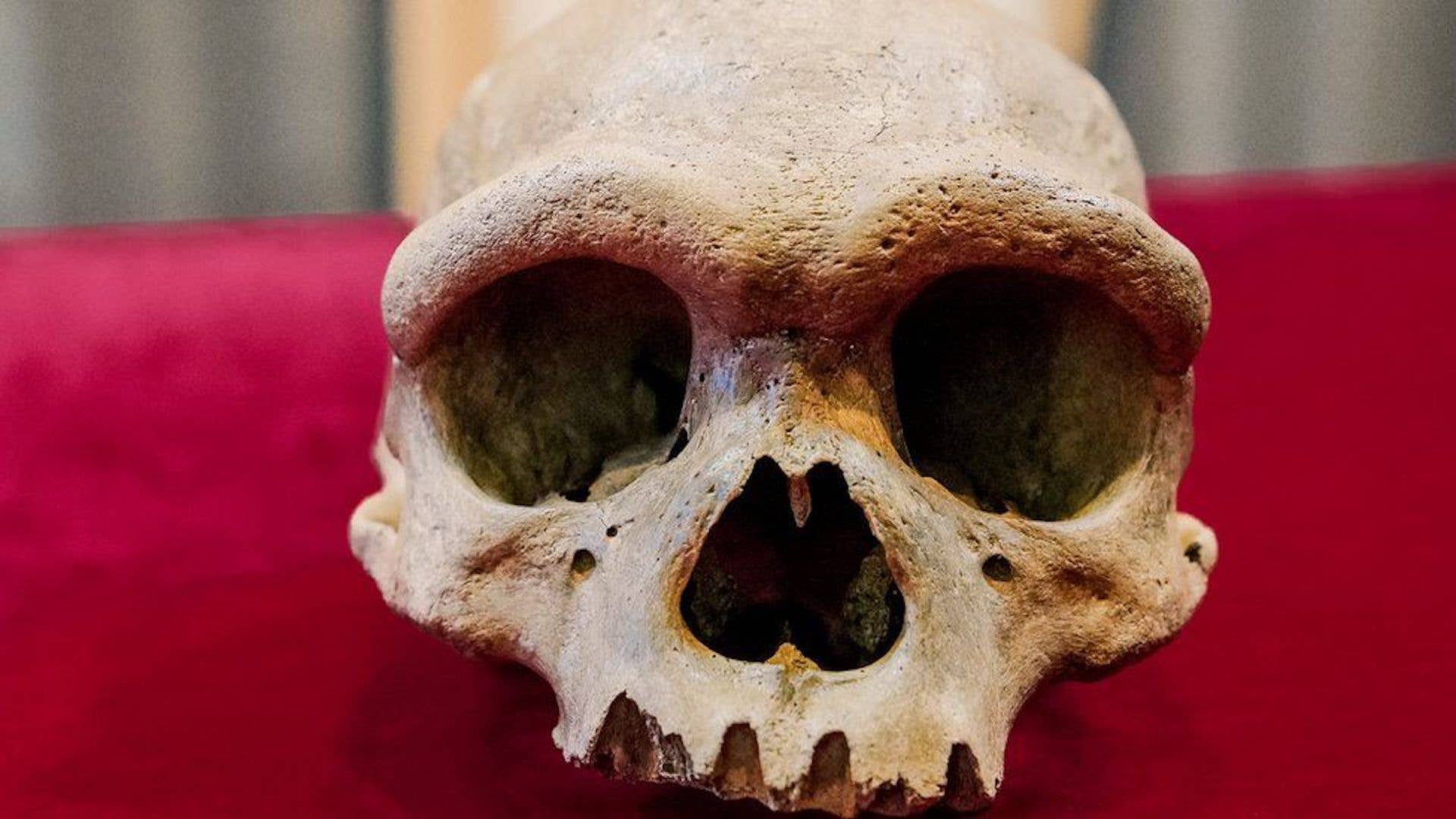
The discovery of a huge fossilised skull that was wrapped up and hidden in a Chinese well nearly 90 years ago could belong to a completely new species of human, the New York Timesreports.
The well-preserved skullcap, found by a team of researchers in the Chinese city of Harbin, is between 138,000 and 309,000 years old, according to findings published Friday as three separate papers in the journal The Innovation. Nicknamed “Dragon Man”, the specimen represents a human group that lived in East Asia at least 146,000 years ago.
The researchers say the discovery has the potential to rewrite the story of human evolution. Their analysis suggests that it is more closely related to Homo sapiens than it is to Neanderthals.
“It is widely believed that the Neanderthal belongs to an extinct lineage that is the closest relative of our own species,” Xijun Ni, a professor of primatology and paleoanthropology at the Chinese Academy of Sciences and Hebei GEO University, and author of two of the papers, told the Associated Press.
“However, our discovery suggests that the new lineage we identified that includes Homo longi is the actual sister group of Homo sapiens,” Ni added.
The findings were announced hours after scientists said they had discovered a new kind of early human after studying pieces of fossilized bone dug up at a site used by a cement plant in central Israel.

